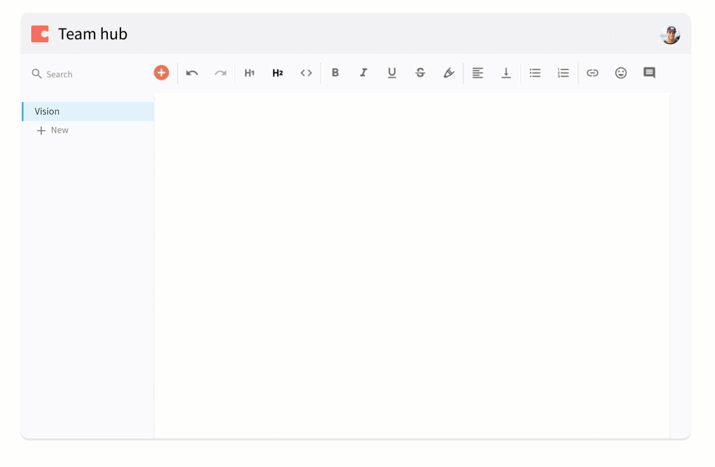
“In a world full of applications, why do documents and spreadsheets seem to run everything?” That’s the question posed by Coda, a startup that’s spent the last three years secretly developing "a document so powerful you can build apps in it."
Like a combination of Google docs and Excel, the company’s document editor not only allows collaboration between different users, but also has the flexibility to add complex tables and spreadsheets. It’s even possible to integrate other services into a document; entering “GoogleDirections” into a formula, for example, will add a Google Map complete with directions.

“We built it so everyone can work together, in their own way, off the same data. We engineered it like a programming platform and built a new formula language. The goal was to enable these documents to grow with people’s creativity. One of our early users referred to it as “Minecraft for docs,” writes company co-founder Shishir Mehrotra, a former VP of Product at YouTube.
Getting people to move away from Excel, Google Docs, and Word won’t be easy, but Mehrotra says Coda works well alongside these long-used programs, and its flexible nature could convince some to make the leap—providing they're happy to learn Coda’s formula language.
It seems that Silicon Valley investors are confident that Coda will be a success. Two rounds of fundraising have seen it raise $60 million from the likes of Greylock, General Catalyst, Khosla Ventures, NEA, and Kleiner Perkins Caufield Byers. Moreover, LinkedIn’s cofounder and executive chairman Reid Hoffman sits on Coda’s board.
There's plenty of work to be done before the product is ready. The full Coda experience is still only available on desktop; the mobile web version is currently read only. If you want to try Coda for yourself, you can request to join the beta at coda.io. No word yet on when we can expect to see a final release.
Photo by Glenn Carstens-Peters on Unsplash
https://www.techspot.com/news/71501-coda-looks-replace-google-docs-excel-all-one.html